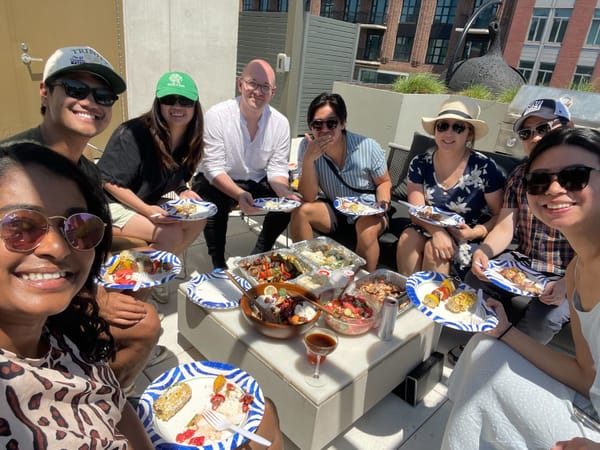Disagree and commitment
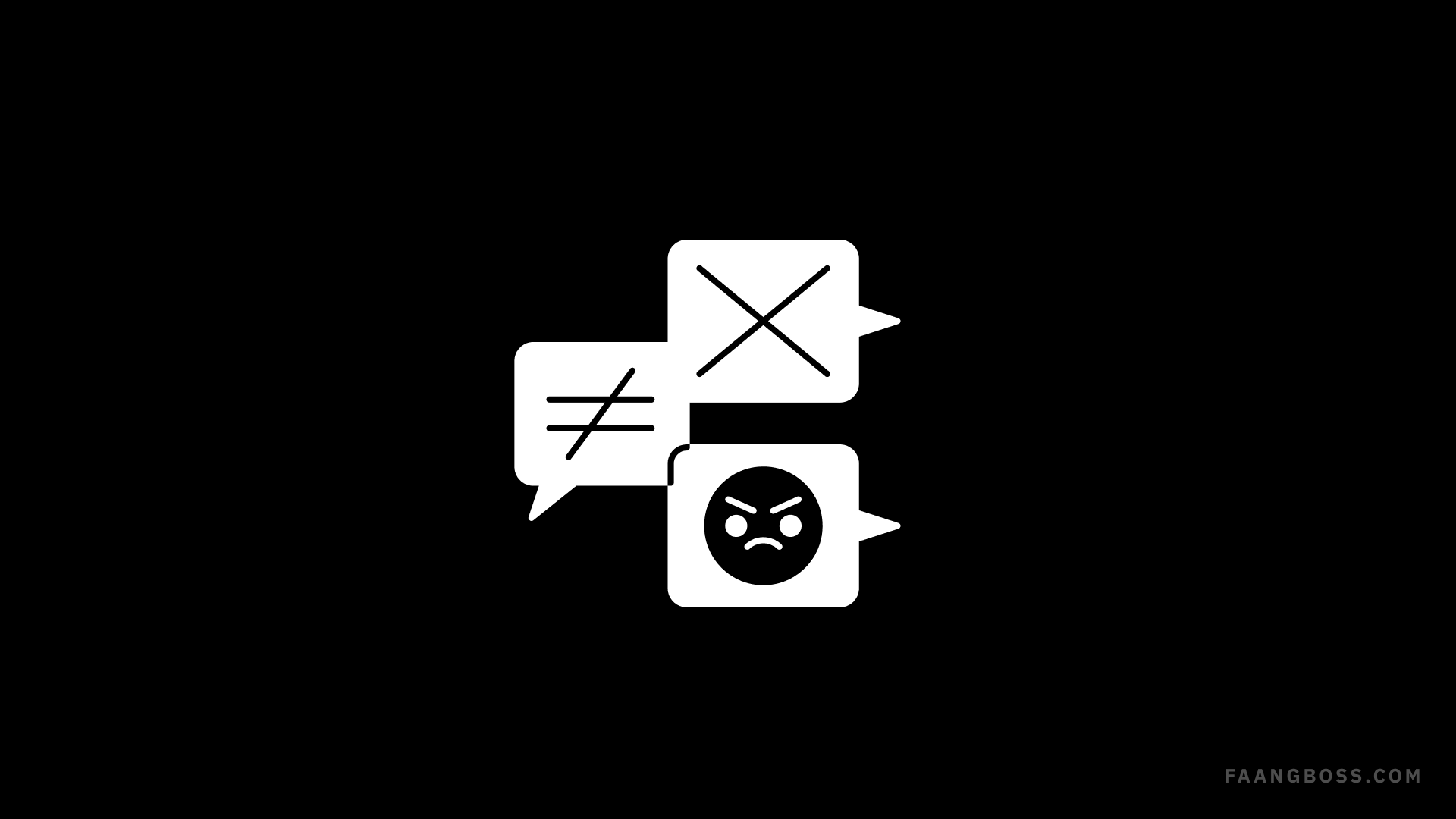
Thank you for your patience while I took a 1-month hiatus from posting weekly. It wasn't planned at all, the last 4 weeks have been an overload and I didn't have the mental/physical capacity to write on my downtime.
Highlights:
- Got Club Suite seats for Taylor Swift's Eras Tour in Philly. The concert felt like it was never going to end, props to Taylor singing live for such a long duration of the show.
- Bought the new Zelda Tears of the Kingdom. Took out my old amiibos from BoTW to get those free prizes. :D
- Met up with long-time friends that I haven't seen in years in Seattle, my past Amazon manager, and Waikiki.
- Saw my dad for the first time since pre-pandemic. Took my mom to Hawaii, her first vacation with me ever in a lifetime. 30 years.
- My 2nd year garden roses blossomed in time.



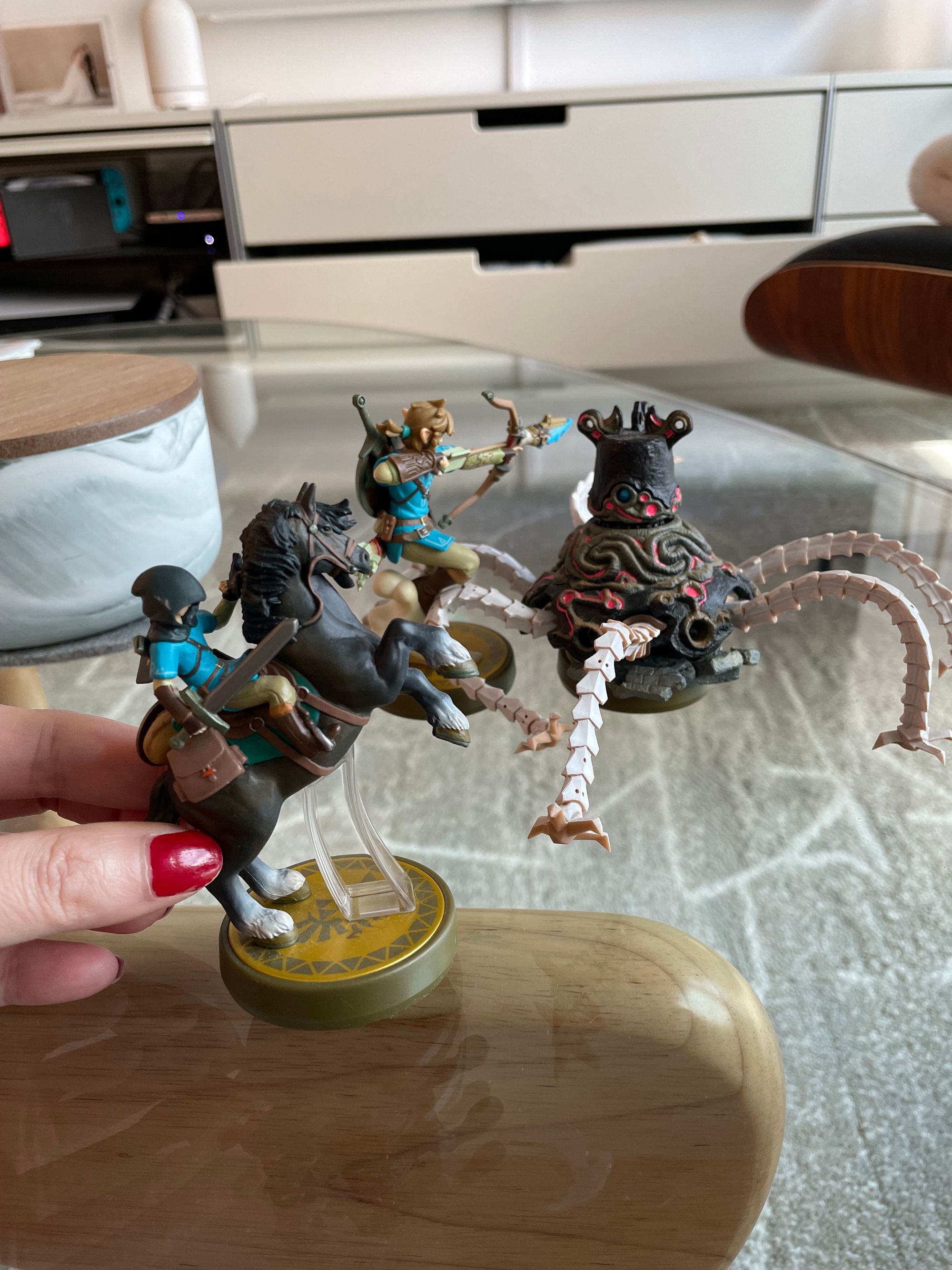

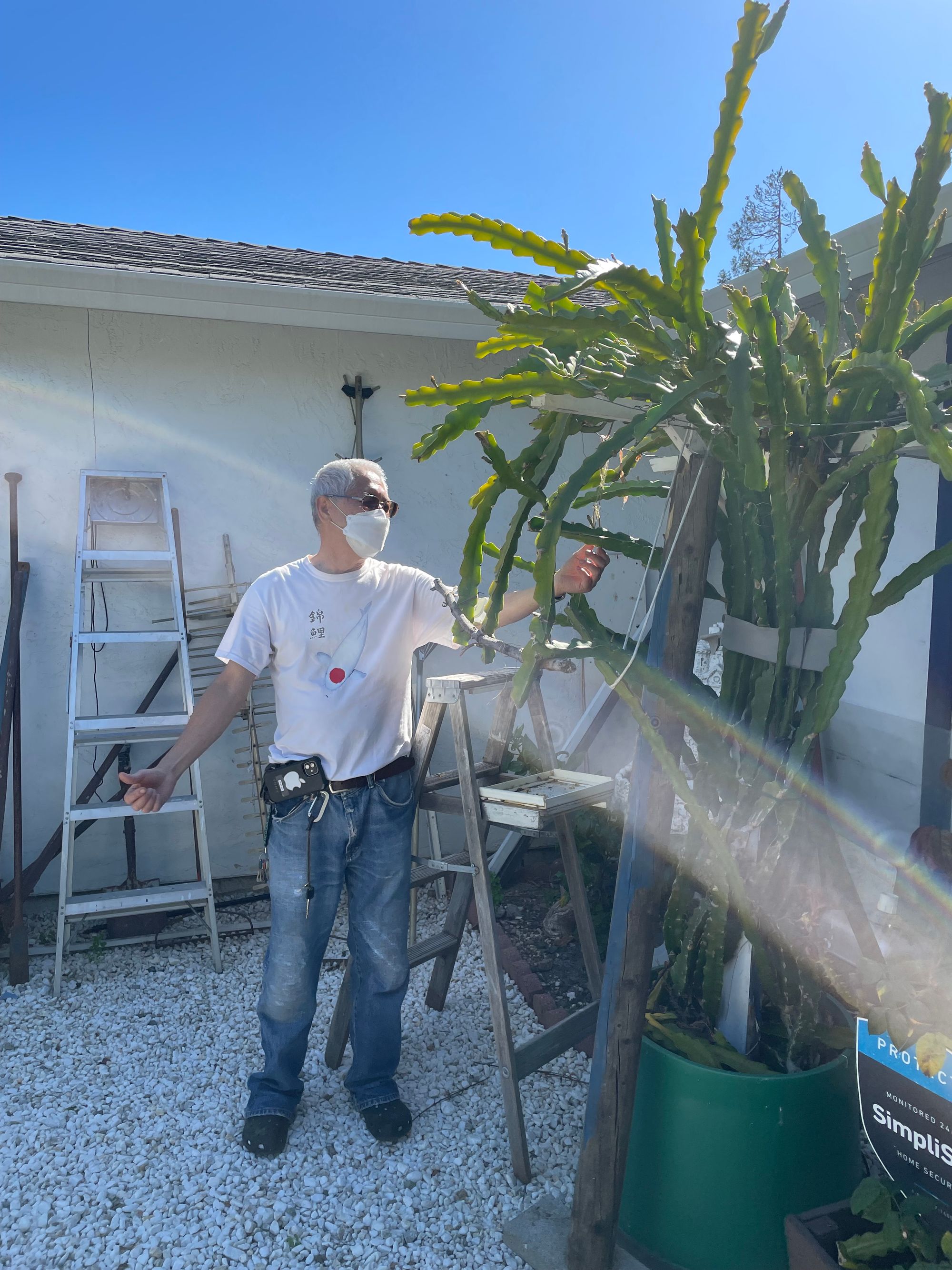
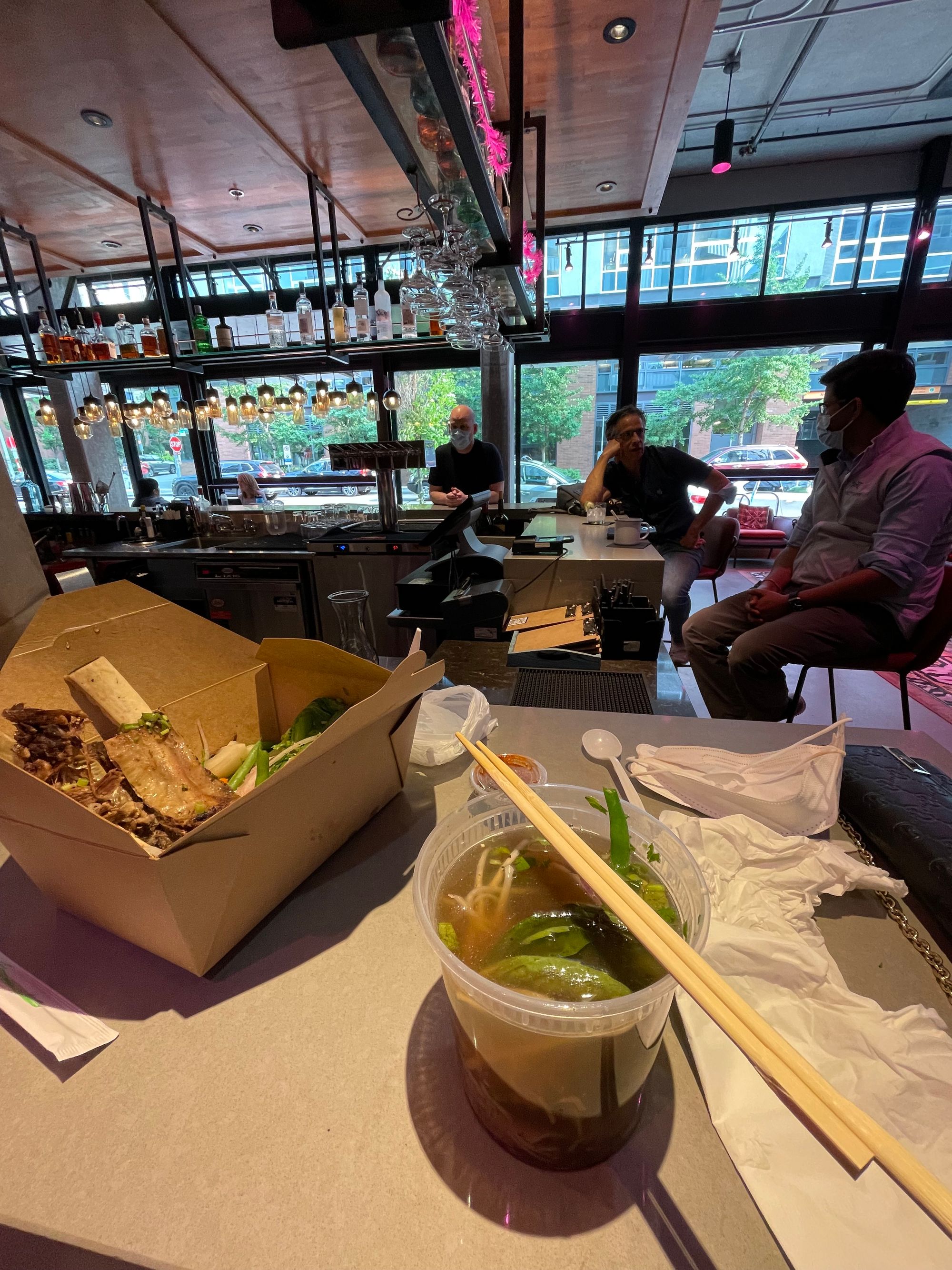


Lowlights:
- I overworked, which resulted in a neck/shoulder strain from being in the typing position for too long. I can't put my hands behind my back and operate with a limited range of motion. I will be decreasing my weekly post to bi-weekly, so I can recover from my "bad-typing-posture injury." #WhenYouAreOldProblems. I worked 12-hour days for two weeks straight as the lead organizer for our in-person UX Summit in Seattle. 15 minutes before the start of the 280 ppl event, we canceled it due to an attendee testing positive for COVID. (to protect everybody). As a designer, we are always prepared for last-minute rocket explosions, but spending so much heart into that got me disappointed. I didn't have time to grieve for the time lost. It heavily impacted me because I ended up staying in a hotel since I was flying back to San Jose, CA to see my parents plus going to Hawaii. Didn't know if I had to cancel it.
- Taking my mother on the first-ever vacation of her life. Too much to unpack there.
- My teammate had a "meltdown-explosive-burn-bridge-exit" from our team when I came back, where I shouldered the work. The posts are famous on Blind. Needless to say, my overworking effort is an understatement.
This week's topic is a question submitted by a loyal reader, Aaron.
"What is effective communication between cross-functional stakeholders as a designer that people don’t know about or consider? Knowing when it’s time to disagree and commit?"
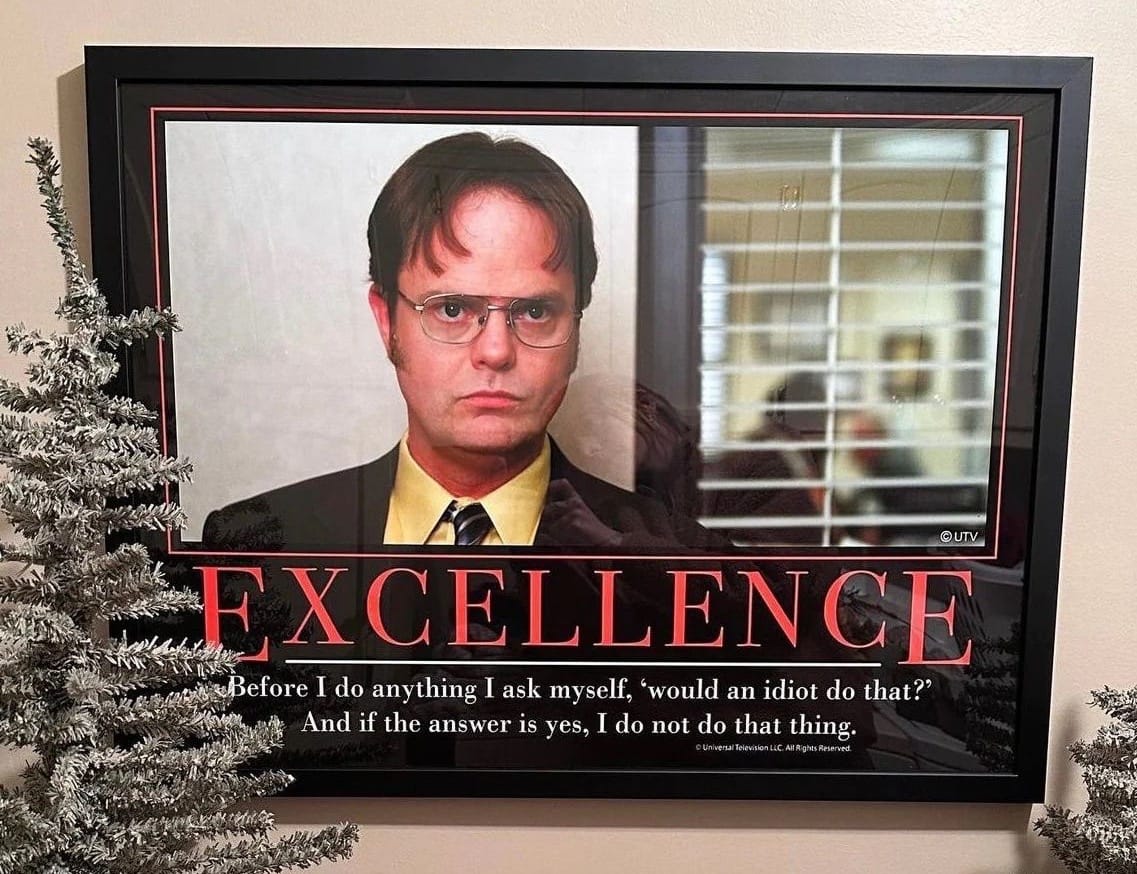
This is a tough topic for me to answer because I don't consider myself good at this, but I'll answer the best I can. It's a big topic to unpack, with multiple angles and a mix of facts and feelings. I can break this down into 6 parts.
1. Do you have a good understanding of the issue?
Gathered all the information to be well-informed, and knowledgeable about the subject to have a meaningful and constructive conversation. Listen to understand, not to reply, which will make it easier to find a solution that works for everyone. Ask open-ended questions to encourage the other party to reveal their needs and desires. A good understanding means that you can compare A vs B, where you fully understand the data and context.
2. How Important is this issue?
What type of problem is it? Is it a core principle or fundamental belief that you cannot compromise? What problem are we trying to fix? What data do we have? What alternatives have we considered? What are the key considerations for this decision?
3. Assess the risk of the potential impact of disagreement.
What are the effects on you, other people, and outcomes? How does it affect your long-term goals? Sometimes immediate disagreement to foster a more productive environment for the future will be worth it. It's easier to prioritize a task if there's no unit of measurement for success. After a UX has been launched, sometimes we gather data in a way to suit our own desired outcome, after the fact. If the team doesn't agree on the metrics, we should put less energy and time into it.
4. Will damaging the relationship be worth it?
What is the relationship you have with this person? Is it personal, professional, or casual? Should you prioritize harmony and maintain the connection over "winning" this battle? It's important to not react out of emotion and let the anger subside by taking some time off. We have to be willing to change our perspective with new information and be aware of our own emotions.
5. Assess time and energy loss for the potential disagreement
When emotions are running high, it's important to stay calm. Use a "late-night FM DJ voice" and managing own emotions. Is it worth the effort based on other priorities and commitments you have? Is this a trivial matter and better spend time wisely on something else?
ie. Jeff Bezos believes, “Be stubborn on vision but flexible on details.” Prioritize product ideology over specific ways to achieve it. It's different than the design philosophy belief that "devils in the detail, detail is what makes the design."
6. Never split the difference. Let others fail.
This is the most important principle of all, it's important to be willing to walk away if it's not in your best interests. Is this decision expensive or irreversible if it is wrong? You can agree to disagree and let others grow by allowing their failures to happen. When you decide to debate, ask "Who will take responsibility? Whom will this quality reflect on?" I am ok with telling people that I don't agree and that it's their own decision to do what they like.
Things to be aware of:
- When is the right time to disagree?
- Where is the place to disagree? Perhaps 1:1, a large forum, isn't the right place. Should it be an individual or a team setting?
- Who is the appropriate audience? Having a circular debate with the wrong person is exhausting and goes nowhere. Transition the topics to the right decision-makers.
- Bring new alternative solutions to the table as an avenue to present your disagreement, rather than pointing out the flaws of someone's idea. The reason is that the conversation steers towards defense and offense remarks to debate right over wrong.
P.S. Bezos's take on people who are "right a lot".
"Right a lot" is an Amazon leadership principle that describes someone with strong judgment and good instincts, who seeks diverse perspectives and works to disconfirm their own beliefs.
Bezos noticed that highly intelligent individuals consistently update their understanding, reassessing problems they believed were already solved. They remain receptive to fresh perspectives, new information, innovative ideas, contradictions, and challenges that question their mindset. The belief is that you should consider your views as provisional.
Bezos believes that someone is obsessed with details that only support one point of view. If someone can’t climb out of the details, and see the bigger picture from multiple angles, they’re often wrong most of the time.




